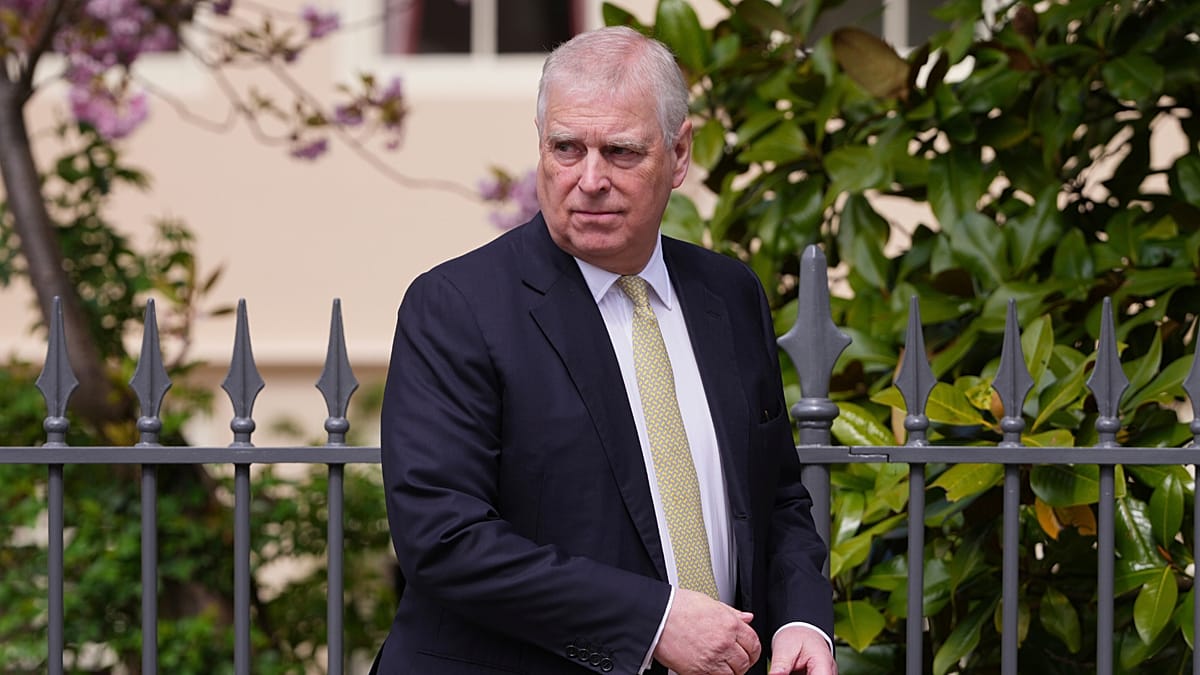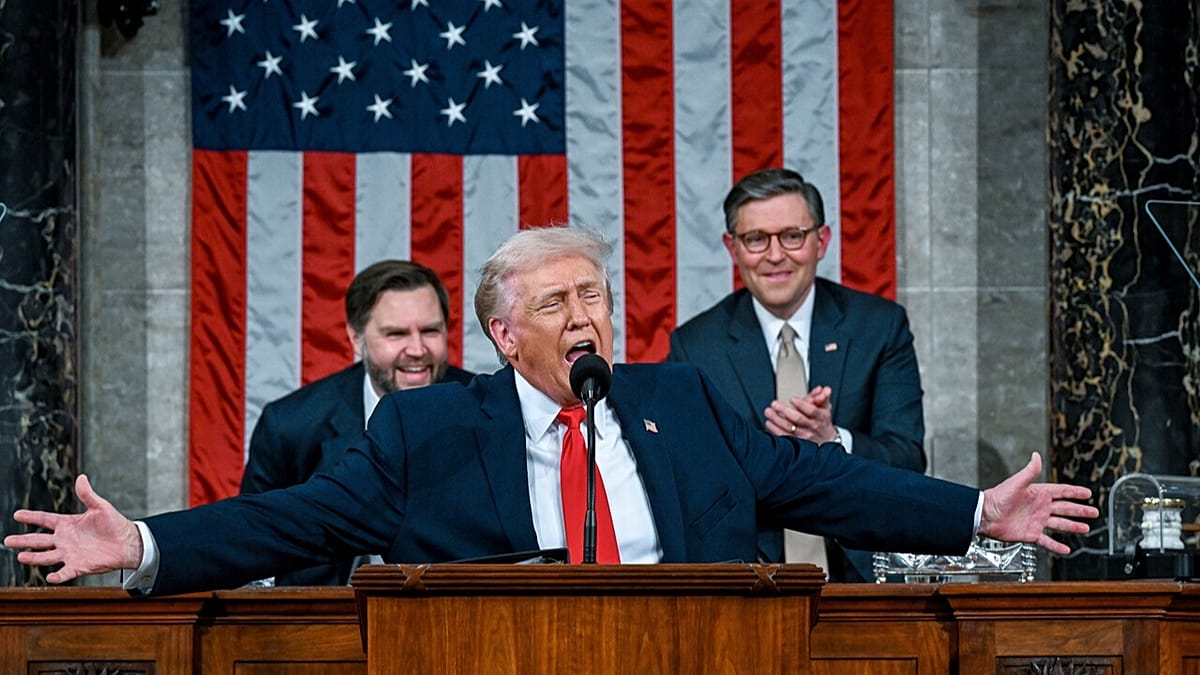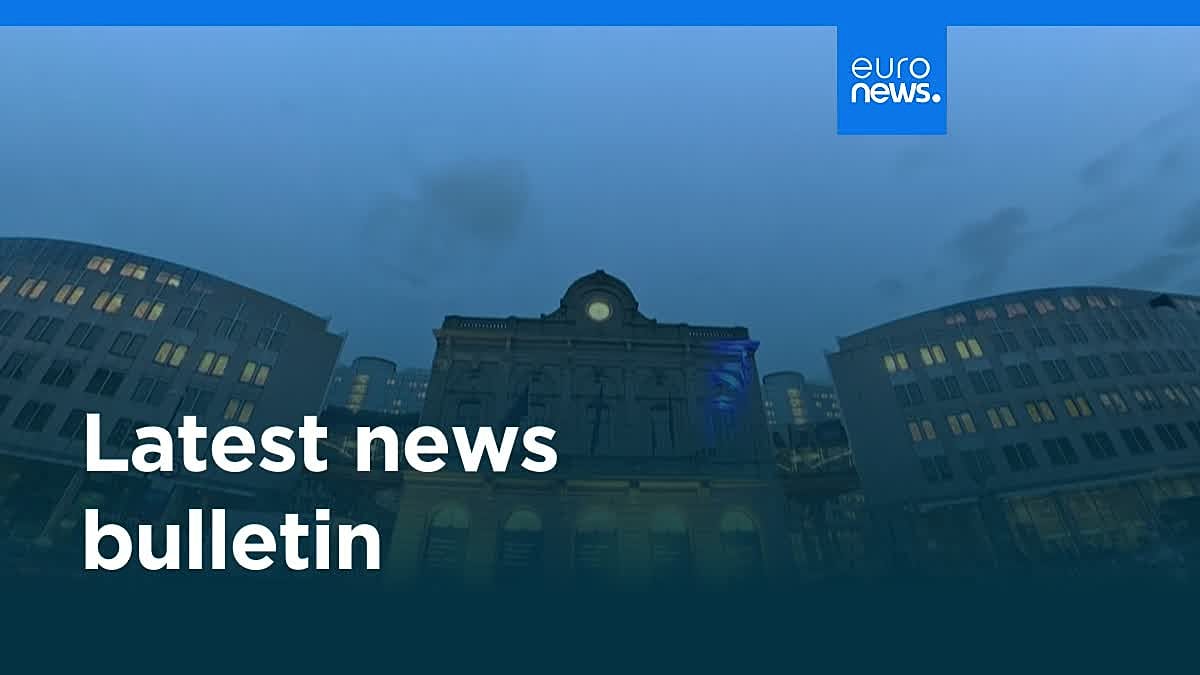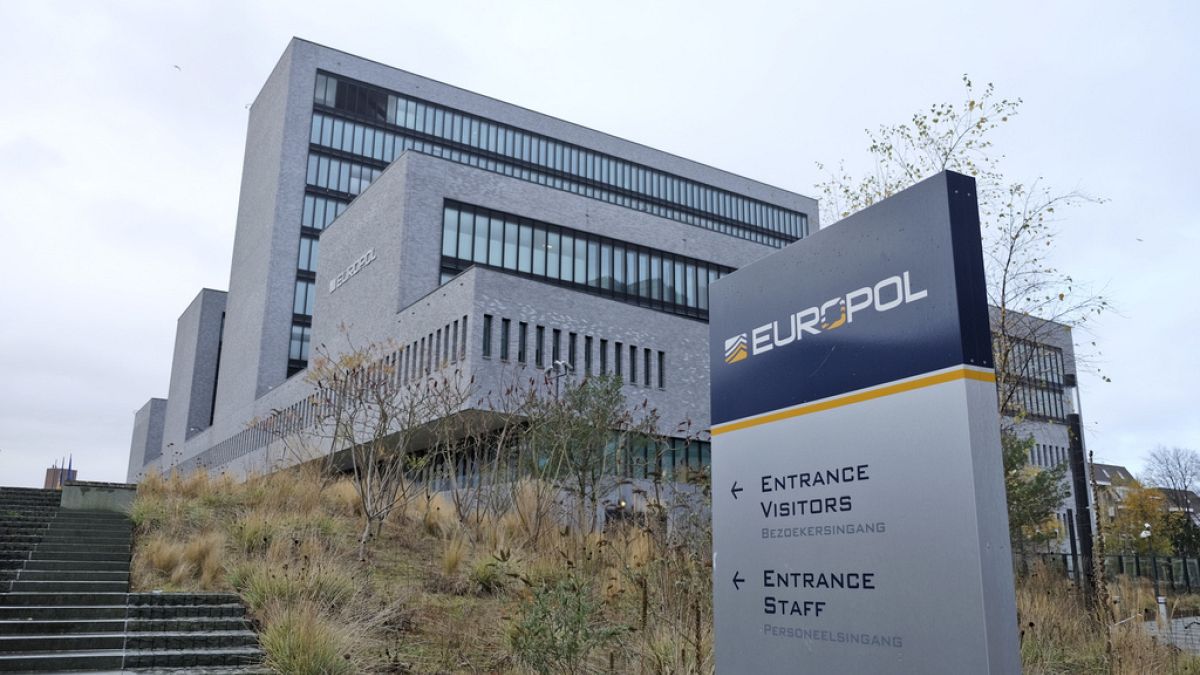Slovak MEPs pointed out the barriers hindering the development of the EU single market

Brussels/Strasbourg – Members of the European Parliament (EP) during a plenary session in Strasbourg discussed how to improve the free movement of goods and services within the EU single market and build it for greater growth and prosperity. TASR reached out to Slovak MEPs from various political parties and groups on this topic.
A year after the publication of the report by Mario Draghi on the competitiveness of the EU, MEPs discussed with representatives of the European Commission and the EU Council which measures are necessary to improve the functioning of the single market. The topics that most frequently arise in the discussion are the need to reduce bureaucracy, enforce existing rules, combat fraud, ensure mutual recognition of professional qualifications, and leverage digitalization for the benefit of businesses, workers, and consumers.
EP Vice-President Martin Hojsík (RE/PS) pointed out that it is not European laws, but national rules that throw obstacles in the way of prosperity and competitiveness in the EU. “This affects small Slovak entrepreneurs and their employees the most. If they want to sell their products and services, for example, in the Netherlands, they face unnecessary bureaucracy. In addition to European rules that also apply in Slovakia, they also need Dutch certificates. And this costs us jobs and prosperity,” he reiterated the words he also delivered in the EP plenary. He added that this situation costs Europeans more than the tariffs imposed by Donald Trump and it is time to finally change it.
Ľudovít Ódor (PS/RE) considers the removal of barriers in the single European market to be very relevant, as it would also relieve Slovak companies at a time when the United States is imposing new tariffs against the EU.
“The International Monetary Fund estimates that barriers between member states create additional costs for companies of 40 percent for goods and up to 110 percent for services. We must urgently remove these barriers and in the fastest way possible,” he emphasized. He added that especially for technology companies, it is necessary to create a so-called 28th regime and not fine-tune 27 legislations in member states. This regime could be chosen by companies that want to operate in the European market and want to function under a single regime in all 27 member countries.
EP Quaestor Miriam Lexmann (EPP/KDH) claims that the biggest obstacle to strengthening the single market is the persistent internal barriers, such as various permitting processes in member states or inconsistent forms. “These barriers are equivalent to a 44 percent customs burden for goods and represent more than 100 percent for services. Excessive administrative and legislative burden, which creates legal uncertainty and an unclear environment for businesses, is also a major problem,” she stated.
She reminded that she has long pointed out that the EU must assess every new legislation in terms of its impact on competitiveness, which was also a condition she advocated with the President of the European Commission at the beginning of her second term. “Sometimes less is more. When something doesn’t work, we need to look at why and not come up with new legislation every time,” she conveyed. (October 9)















































